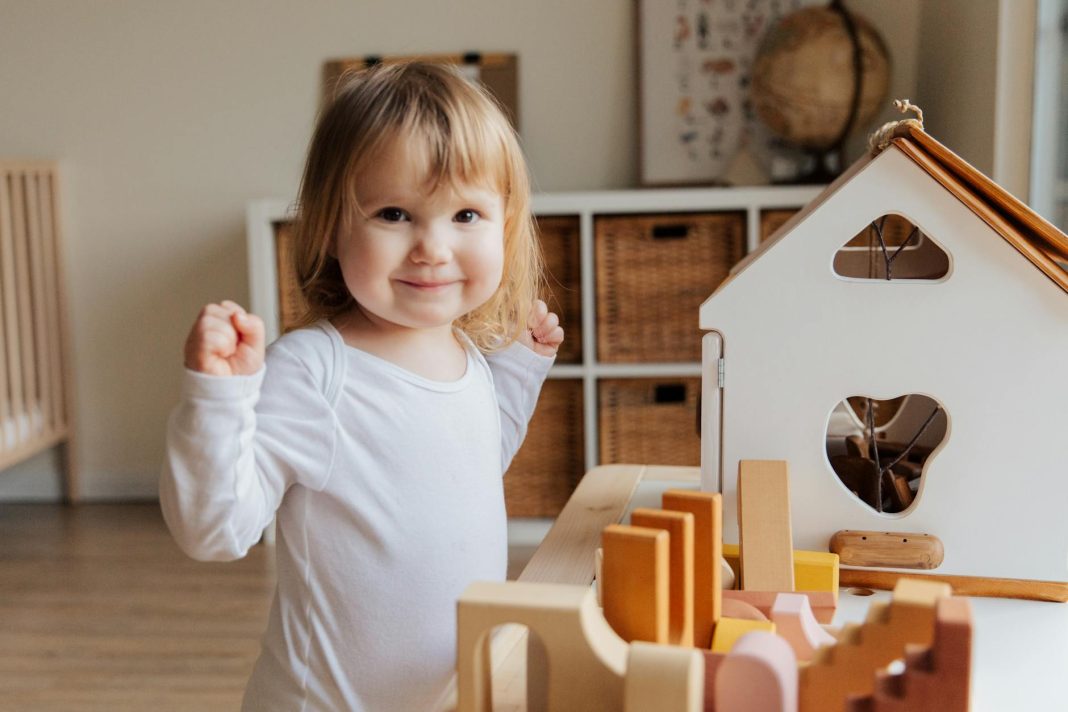Ah, toddlerhood. A time of boundless energy, boundless curiosity, and, let’s be honest, boundless frustration. If you’re navigating this wild and wonderful stage, you’re probably nodding along vigorously. This isn’t a guide to magically transforming your toddler into a perfectly behaved miniature adult (because that’s not a thing!), but rather a friendly chat about tackling the common challenges and celebrating the incredible growth happening right before your eyes. Toddlerhood: A Rollercoaster Ride (and How to Stay Seated!)
Tantrum Time: Understanding the Meltdown
Let’s face it: tantrums are a toddler’s bread and butter. They’re not necessarily about manipulation; they’re often a result of limited communication skills and big feelings. Your little one is overwhelmed, frustrated, tired, hungry, or maybe just needs a hug. Before you reach for the wine (we get it!), try these:
- Stay calm: Your own stress will only escalate the situation. Take deep breaths and try to understand what’s triggering the tantrum.
- Offer comfort: Sometimes, a quiet hug or a gentle “I know you’re upset” is all they need.
- Ignore the behavior (if safe): If it’s not dangerous, sometimes ignoring the tantrum (while staying nearby) can be surprisingly effective. The attention is often the reward.
- Redirect: Offer a distraction, like a favorite toy or a quick change of scenery.
- Positive reinforcement: When calm returns, praise their efforts to manage their emotions. “You did a great job calming down!”
Remember, consistency is key. Establish clear boundaries and stick to them, even when it’s tough. Over time, they’ll learn to manage their emotions more effectively.
Discipline with a Dash of Empathy
Discipline isn’t about punishment; it’s about teaching. Toddlers are still learning right from wrong, and they need guidance, not just yelling. Some effective strategies include:
- Time-outs (with a twist): Instead of a punitive time-out, try a “calm-down corner” with books and quiet toys. The goal is to give them space to regulate their emotions, not to punish.
- Natural consequences: Let them experience the consequences of their actions (within reason). If they throw their toy, they might lose it for a while. This helps them connect actions to outcomes.
- Positive reinforcement: Focus on praising good behavior rather than just scolding misbehavior. Catch them being good and shower them with praise!
- Clear and simple rules: Keep rules consistent and few. Toddlers can’t handle a long list of “don’ts.”
- Explain your reasoning: When you set a limit, explain why. “We don’t hit because it hurts people.” This helps them understand the rules better.
Learning Adventures: Fostering Their Growing Minds
Toddlers are sponges for information. They are constantly exploring and discovering the world. Support their learning through:
- Reading: Make reading a part of your daily routine. Even just a few minutes can make a big difference.
- Play-based learning: Toddlers learn best through play. Provide opportunities for imaginative play, building blocks, puzzles, and sensory activities.
- Hands-on activities: Let them help with simple chores, like setting the table or helping with laundry. This fosters independence and teaches practical life skills.
- Outdoor exploration: Get them outside! Nature provides endless opportunities for learning and discovery.
- Follow their lead: Observe their interests and build activities around them. If they are fascinated by cars, build a car wash or race track.
Independence: Letting Go (a Little Bit)
Toddlers are fiercely independent creatures. They crave autonomy, even if it looks like defiance. Support their growing independence by:
- Give them choices: Offer limited choices to give them a sense of control. “Do you want the red shirt or the blue shirt?”
- Encourage self-help skills: Let them try to dress themselves, brush their teeth, and feed themselves (even if it’s messy!).
- Patience and support: It will take time and patience for them to master new skills. Offer encouragement and help when needed, but let them try on their own.
- Create a safe space: Provide a space where they can explore and play independently without constant supervision. A play area with age-appropriate toys is ideal.
- Celebrate their achievements: Acknowledge and celebrate their successes, no matter how small. “You put on your shoes all by yourself! Great job!”
Remember, toddlerhood is a marathon, not a sprint. There will be good days and bad days. Embrace the chaos, celebrate the milestones, and remember that this stage, while challenging, is fleeting. Before you know it, your little one will be off to bigger and brighter adventures.

